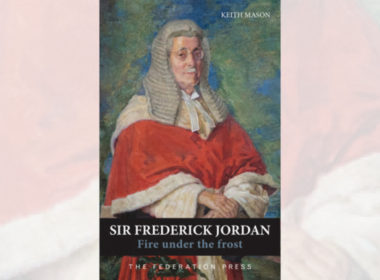Before it even hit shelves, American Dirt was an odyssey. From beginning the decade as one of the most-hyped novels, anticipation soon turned to anger as authors, editors and readers slammed the publishing industry for leaving the story of a Mexican mother and son crossing the US border in the hands of a white American woman (she has a Puerto Rican grandmother). Cummins’ author tour was cancelled for security reasons. Still, its back cover is blazed with dazzling endorsements, describing it as “a Grapes of Wrath for our times” with praise by Stephen King that it is “one hell of a novel”.
When bookstore owner Lydia’s journalist husband and family are slaughtered during a family barbeque by a drug cartel she unwittingly delivered into their lives, she and eight-year-old son Luca begin a terrifying journey. Knowing the reach of police and, more fearfully, the cartels, mother and son know they need to cross the US/Mexico border swiftly, riding illegally atop the freight trains used by thousands of migrants prepared to risk everything for a safer future.
The positives first: American Dirt falls into the genuinely impossible-to-put-down, carry-it-with-you-lest-you-get-a-sneaky-few-minutes-to-devour-more-pages category. However, there is some clumsiness in the shaping of the major characters, who feel more like Mexican people as imagined by middle-class Americans, despite Cummins’ five years of finely-tuned research and volunteer work on the border. This is perhaps more noticeable as the book has suffered for its glowing and undeserved “great American novel” comparisons.
Cummins said she wanted her work to open “a bigger conversation about who we want to be as a country”; the publication of American Dirt may indeed break down the barrier between publishers and locked-out diverse writers begging to tell their own stories.




